WE’LL WORK ON THAT
The place was dark. Very dark, all things considered. The whole house seemed closed off into small compartments. However there was still light streaming in from a full moon by a window to the right of the room.

Precisely why Steinthal had chosen this night. He knew that because of the full moon his night vision equipment could make good use of the available ambient and residual light and he could operate “in the dark” without giving himself away.
Time to put on my googles he thought.
He heard a small creak.
Instinctively he ducked low but something still hit him from behind and from his left. It had struck the top of his shoulder, the backside of his neck and the base of his skull. It was wide whatever it was. And it had only been a glancing blow but Steinthal saw a flash from the impact, heard a ring in his ear, and stumbled forward a few feet. Then as he caught his balance he ran forward another five or six feet and swirled as fast as he could recover.
Someone stood there. A big someone. Big and dark. If it had growled Steinthal might have taken it for a bear. As it was Steinthal thought it might be even more dangerous.
The thing seemed to just pause there as if considering what to do next. Steinthal’s head cleared completely and he started to make for his gun when the shape charged. It came in close almost instantly and surprised Steinthal, not with a jab or a horizontal swing, but with a ferocious right uppercut. Steinthal barely had time to react but twisted some and got his left arm stiffened and intercepted the shot down low. That took most of the punch out but the guy was still so strong that he lifted Steinthal onto the balls of his feet just from the sheer momentum.
Steinthal counterpunched furiously with his right. Hit the guy solidly on the left side of the front of his neck. It should have rocked the guy on his heels, caused him to splutter and choke. He hadn’t hit the trachea but it still would have stunned most men.
As it was the only two things that seemed to happen as far as Steinthal could tell was that it made a sound like the guy had been hit with a wet fish, and the man stepped back one step. He hadn’t even bent over.
Realizing fully what he was now facing, Steinthal swiftly backtracked three or four feet and grabbed his revolver with his right and his combat knife with his left. He had only glanced down for an instance to retrieve his weapons but when he looked up the guy already had a semiautomatic in one hand and a shiny machete in the other. Where the machete had come from Steinthal had no idea but it did impress him.
The guy was now closer to the moonlight. You could partially make him out. Steinthal decided he wasn’t big after all. He was monstrous. But he didn’t look stupid. No, there was a kind of set to his face and a sort of light in his eyes that Steinthal took for real and raw intelligence. Even more dangerous.
There were several moments of tense silence while they pointed their weapons at each other.
“That kind of hurt for such a little fella,” the big guy suddenly said and spit. There might have been some blood mixed in but it was too dark to tell. “What’s your name?”
“Huh?” Steinthal said.
“I said, ‘what’s your name.’ I don’t like having to repeat myself.”
Steinthal cleared his throat.
“John,” he replied. “But most everyone calls me Steinthal.”
The guy seemed to mull over the answer.
“Yeah, you’re the one,” he said as if mentally verifying a fact-sheet.
“What one?” Steinthal asked.
“The one I’m meant to kill tonight,” the big guy said.
“Well then,” Steinthal said. “You’re one up on me. I usually know nothing about most of the people I kill until it is all over.
“Why is that?” the big guy asked.
“Because they tend to ambush me,” replied Steinthal.
The big guy chuckled quietly.
“Well then, are you going to shoot me?” he asked.
“I’d rather not,” Steinthal said warily. “But at this point anything seems possible.”
Seemingly to spite himself the big guy chuckled again.
“I like you.” The big guy said. “You’re funny.”
“Trust me,” Steinthal said. “I’m not trying to be, but if helps any then let’s just go with that.”
The big guy seemed blithe. “Oh, don’t get me wrong, I’m still going to snap your neck, but now I sort of like you.”
Steinthal noticed that despite the relaxed and easy going tone of the man’s voice his aim had remained absolutely fixed and his breathing so steady that he seemed motionless. Even while he spoke.
“Yeah, well,” said Steinthal “We all do what we can.”
The guy laughed again. If not for the circumstances then to Steinthal this would have seemed ridiculous.
When the guy finished laughing he said, “Seems kind of a shame now though.”
“Don’t it,” said Steinthal. “But, you know, the guns and all…”
The big guy looked at Steinthal’s revolver.
“I’ve been shot before you know,” he said. “By a lot bigger and more powerful weapons than that. Never killed me.”
“I’ll bet,” said Steinthal. “But there’s always that first time. And I’m pretty damned determined.”
“Also I’m armored,” said the big guy, as if he hadn’t noticed Steinthal’s reply.
“Thanks for the heads up,” said Steinthal. “Now I know where not to aim.”
There was silence again. But no movement.
“Say,” Steinthal finally said. “Correct me if I’m wrong, but I get the distinct feeling you’re not just playing for time here. Do you get the idea that there might be something else going on with this whole affair that neither of us are quite square on? And that maybe we should skip the strangulations and compare notes about in private?”
More silence. But then the big guy shrugged nonchalantly and holstered his gun. It kind of disappeared entirely into the huge black mound that was his chest. But the machete remained. And the guy had never even shifted his gaze.
“Maybe… Probably… Yes. I’ve had that idea for some time now,” he said. “But I didn’t want to make any snap judgements.”
“Yeah,” Steinthal said. “It’s one of the things I appreciate most about you.”
“People think I’m stupid, you know. Because I’m so big,” the big guy said. With a kind of sad resignation that seemed almost fatalistic.
“Well fella,” said Steinthal. “I’m not most people. And whereas you are stupefyingly big, you are most definitely not stupid.”
The guy chuckled again. Then sighed softly.
“You going to lower your gun now?” the big guy asked.
“I’m thinking about it, but, you know, I’m not exactly stupid either.”
The machete clattered to the floor.
“Very nice. Now can you do that with your hands, arms, and most of the rest of you as well?”
The guy smiled in the dark. And it seemed completely friendly.
“Probably not. I come this way,” he said.
“Alright then. I’ll just take your word for it.” And Steinthal holstered his gun and knife.
“Say,” Steinthal said relaxing a little. “Since you know so much about me what say you tell me your name?”
“You’ll laugh,” the big guy replied.
“Well, if I do, then don’t take it personally. I have an excellent sense of humor.”
“Okay then. It’s Maugham,” said the big guy. “William Somerset Maugham. But my friends call me Angus.”
Steinthal whistled. “Well I’ll be damned. I’ve read all your books!”
“Yeah,” the big guy looked sheepishly at the ground. “My mother was real big on literature.”
“Nothing wrong with that,” Steinthal said. “But say, you’re a lot bigger in person than you look in the papers. Or the history books.”
“Yeah, I hear that a lot. Well, not a lot. Not recently anyway. Most people don’t read anymore.”
“Yeah, that’s a real shame, ain’t it? But that being what it is I’m not calling you Angus or Bill either,” Steinthal said.
“Well then, what are you going to call me?”
“I’m gonna call you Maugham,” said Steinthal. “Because you remind me of W. Somerset Maugham. If, you know, he had been as big as a damned Angus.”
Maugham nodded.
“What say though we get outta here now Maugham?” Steinthal asked. “Before they send in a troll?”
Maugham shrugged. “Okay. I’m game if you are.”
As they were sneaking out Steinthal said, “Say, what you said back there. Is that true?”
“Is what true?” asked Maugham.
“Do you really have friends?”
Maugham stopped in his tracks and seemed to mull over the question quietly in his mind before replying.
“You know, I’m not really sure.”
“Well,” said Steinthal. “The night is still young. We’ll work at it awhile. Then see what we can come up with. One thing’s for sure though.”
“What’s that?” asked Maugham.
“After tonight I owe you one. If you’ll take friendship as payment then I’ll sure call it square.”
(This is the first meeting between Steinthal and Maugham.)
From The Detective Steinthal.
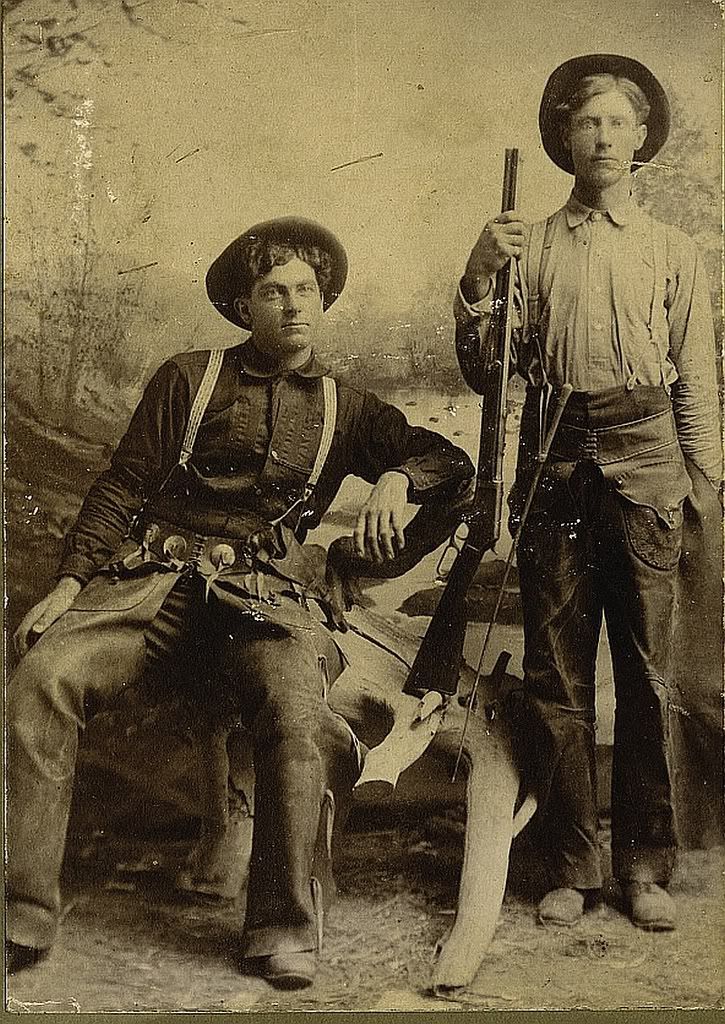



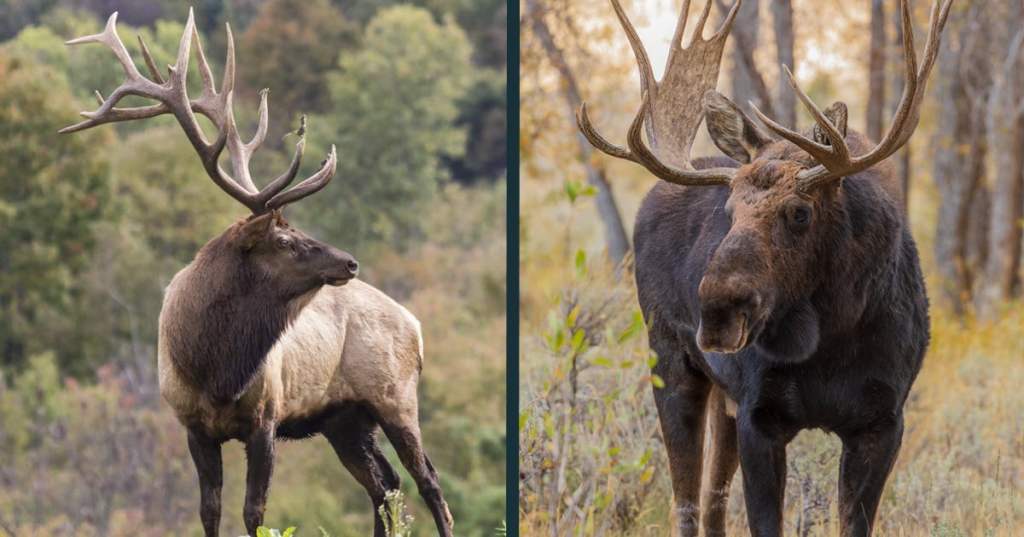



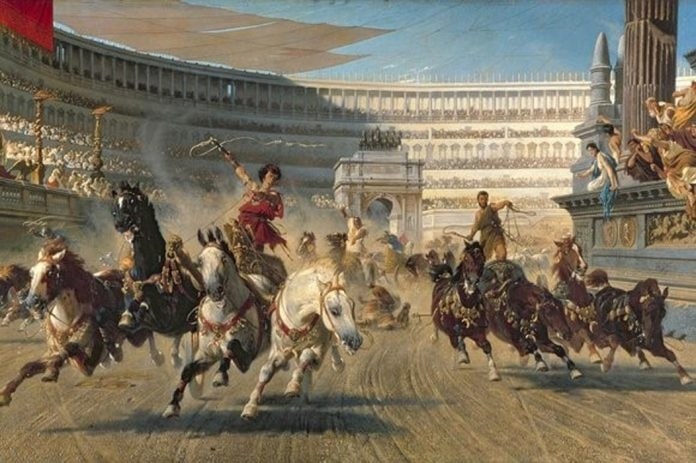


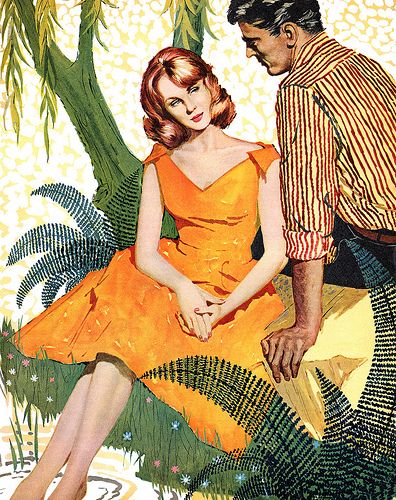



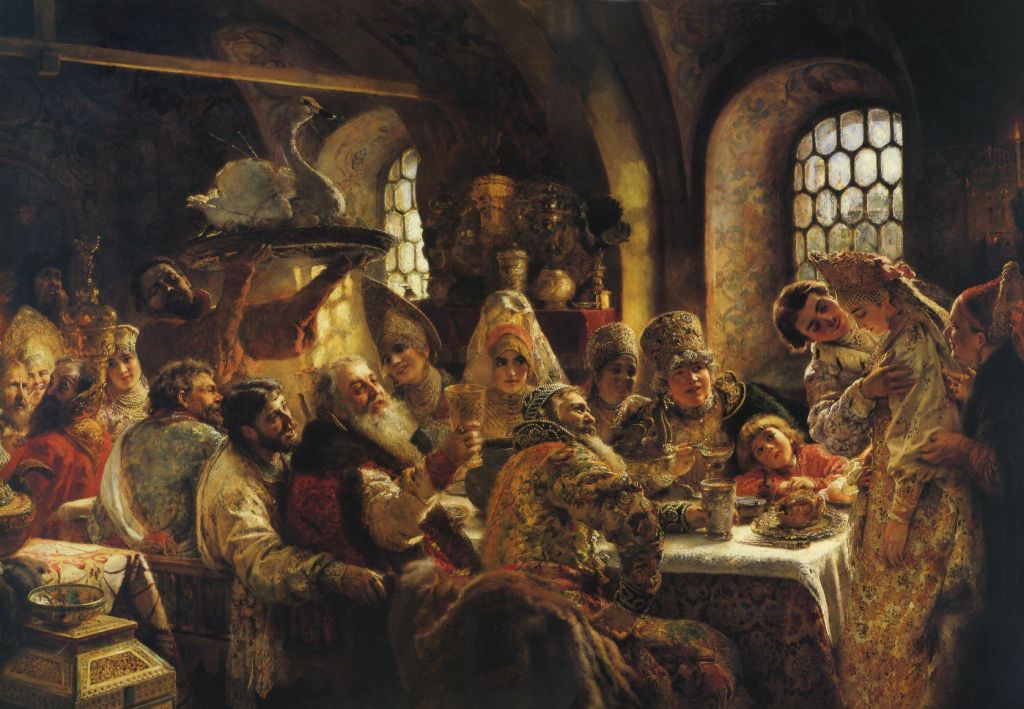

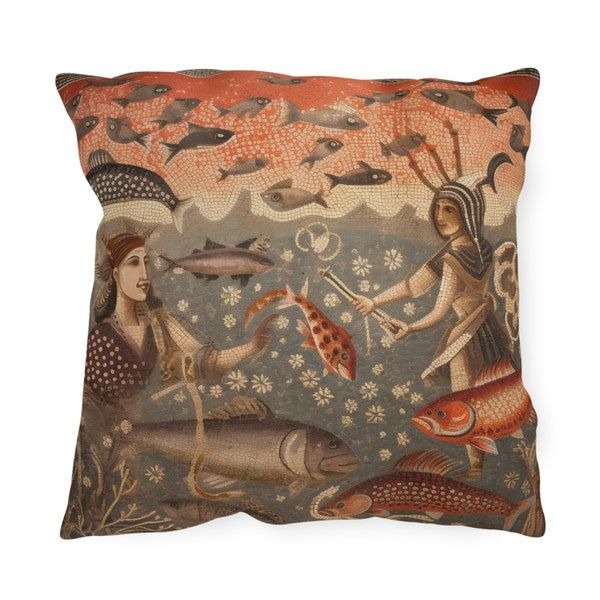





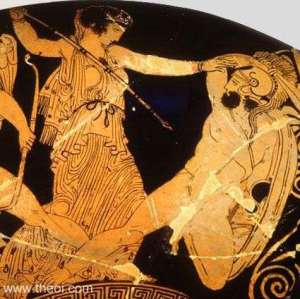






















You must be logged in to post a comment.